ICQ is Hiring!

EXPERIENCE REQUIREMENTS
All positions require a solid understanding of the requirements for working in FDA-regulated industries within one of or more of the following areas of commissioning, qualification and/or Validation:
Process Validation
- Clean Utilities
- Sterilization and Decontamination Processes
- Packaging Line Processes
- Cleaning Processes
- Facilities, Utilities and Process Equipment
- Depyrogenation Processes
- Analytical Lab Processes
- Automation/Computer Systems (Delta V, Honeywell, Siemens, Snyder, Johnson Controls, PLCs, )
- Project Management
- Cycle Development
- Shake down, Start-up and Turn Over Activities
- Decommissioning Activities
- Environmental Monitoring
GENERAL REQUIREMENTS
-
Working knowledge of FDA and ICH requirements:
- 21CFR Parts 210, Current Good Manufacturing Practice in Manufacturing, Processing, Packaging or Holding of Drugs General.
- 21CFR Part 211, Current Good Manufacturing Practice for Finished Pharmaceuticals.
- 21CFR Part 11, Electronic Records and Electronic Signatures
- ICH Q7, GMP Guide for Active Pharmaceutical Ingredients
- Working knowledge of Quality by Design (QbD) principles and approach:
- ICH-Q9, Quality Risk Management
- ICH-Q10, Pharmaceutical Quality System
- ASTM E2476, Standard Guide for Risk Assessment and Risk Control as it Impacts the Design, Development, and Operation of PAT Processes for Pharmaceutical Manufacture
- ASTM E2500, Standard Guide for Specifications, Design and Verification of Pharmaceutical and Biopharmaceutical Manufacturing Systems and Equipment.
- Demonstrated ability to meet quality and schedule expectations related to the planning, coordination, development, execution and close out of commissioning, qualification and/or validation protocols/reports.
- Demonstrated ability to customarily and regularly exercises discretionary powers and sound independent judgment.
- Demonstrated ability to work independently or as an effective team member, leader, of project manager while completing all assign work.
- Demonstrated ability to clearly and effectively communicate with project team members, management, clients.
- Demonstrated ability to take ownership in obtaining, interpreting and understanding client and vendor-supplied documentation in order to meet assignment deliverables and expectations
- Participate in internal ICQ Consultants and industry required training to ensure continued accreditation.
- Complete all others tasks within quality and schedule expectations as assigned.
- Travel may be required.
- Employee must always be compliant with the company’s Standard Operating Procedures (SOPs) and policies.
- Strong attention to detail
- Proficient in MS Word and MS Excel
- Ability to handle many tasks with limited direction
- Ability to deliver results is a must
- Demonstrated interest in continued professional development
- Demonstrated interest to provide a high level of customer support
- Demonstrated interest to be a representative of the company
- Desire to help others
- Desire to be in industry leader
- Belief that every problem has a solution
EDUCATION REQUIREMENTS
BS/BA degree in a Scientific/Engineering Discipline or 2 to 15 years’ related experience working in FDA-regulated industries within one of the following areas:
- Manufacturing
- Engineering
- Process Development
- Quality Assurance (QA)
- Quality Control (QC
- Commissioning, Qualification and/or Validation
Join our network, follow us and share this on LinkedIn, Google +, Twitter and Facebook so you can see other new and exciting news and discussions being posted by ICQ Consultants

 Process Validation
Process Validation
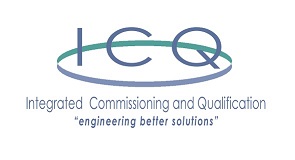
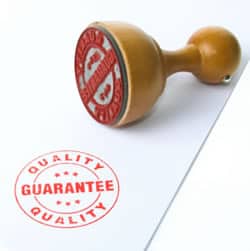 Quality standards from all institutions are periodically updated. A system that was designed to meet the quality requirements of yesterday, may not meet the requirements of tomorrow. How will you respond when an agency asks your firm if you have complied with the updates? There are many factors in determining the best course of action, but one thing is certain, the regulatory agencies will not accept doing nothing. Action doesn’t necessarily mean upgrading legacy manufacturing and computer systems throughout an entire organization to meet the new requirements. Realization of the cost of such an effort quickly jumps to the forethought. So what do you do? Well, a plan for action is a good place to start, and in most cases, is welcomed and appreciated from the agencies. So
Quality standards from all institutions are periodically updated. A system that was designed to meet the quality requirements of yesterday, may not meet the requirements of tomorrow. How will you respond when an agency asks your firm if you have complied with the updates? There are many factors in determining the best course of action, but one thing is certain, the regulatory agencies will not accept doing nothing. Action doesn’t necessarily mean upgrading legacy manufacturing and computer systems throughout an entire organization to meet the new requirements. Realization of the cost of such an effort quickly jumps to the forethought. So what do you do? Well, a plan for action is a good place to start, and in most cases, is welcomed and appreciated from the agencies. So  it’s simple, how do you get from here to there? Bring forth the “Transition Plan”.
it’s simple, how do you get from here to there? Bring forth the “Transition Plan”.
 The general outline here has been generated and applied for some of the ICQ clients. They have undergone regulatory scrutiny with great success. The concept has been proven in application to satisfy agencies where gaps may exist.
The general outline here has been generated and applied for some of the ICQ clients. They have undergone regulatory scrutiny with great success. The concept has been proven in application to satisfy agencies where gaps may exist.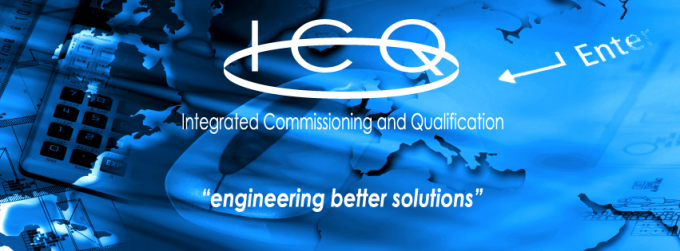
 On a previous project, I was tasked with facilitating the technology transfer of a commercial process from a customer site to the CMO manufacturing plant. The scope of the project was for the successful implementation of the upstream process into a three (3) train, 5000L working volume production suite.
On a previous project, I was tasked with facilitating the technology transfer of a commercial process from a customer site to the CMO manufacturing plant. The scope of the project was for the successful implementation of the upstream process into a three (3) train, 5000L working volume production suite.
 options, the better.
options, the better.
 ICQ Consultants will be sponsoring a table at the next PDA Dinner Meeting, “Global Inspections and Trend”. Please join ICQ in attending this meeting held on Wednesday, November 9th at 5:30 P.M. running until 9:00 P.M. This session will be held at the
ICQ Consultants will be sponsoring a table at the next PDA Dinner Meeting, “Global Inspections and Trend”. Please join ICQ in attending this meeting held on Wednesday, November 9th at 5:30 P.M. running until 9:00 P.M. This session will be held at the 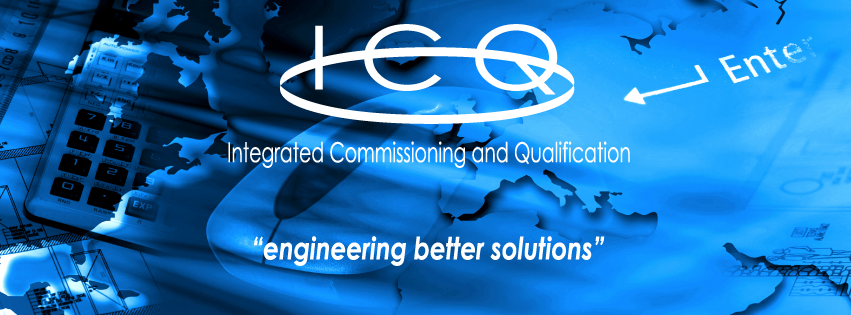
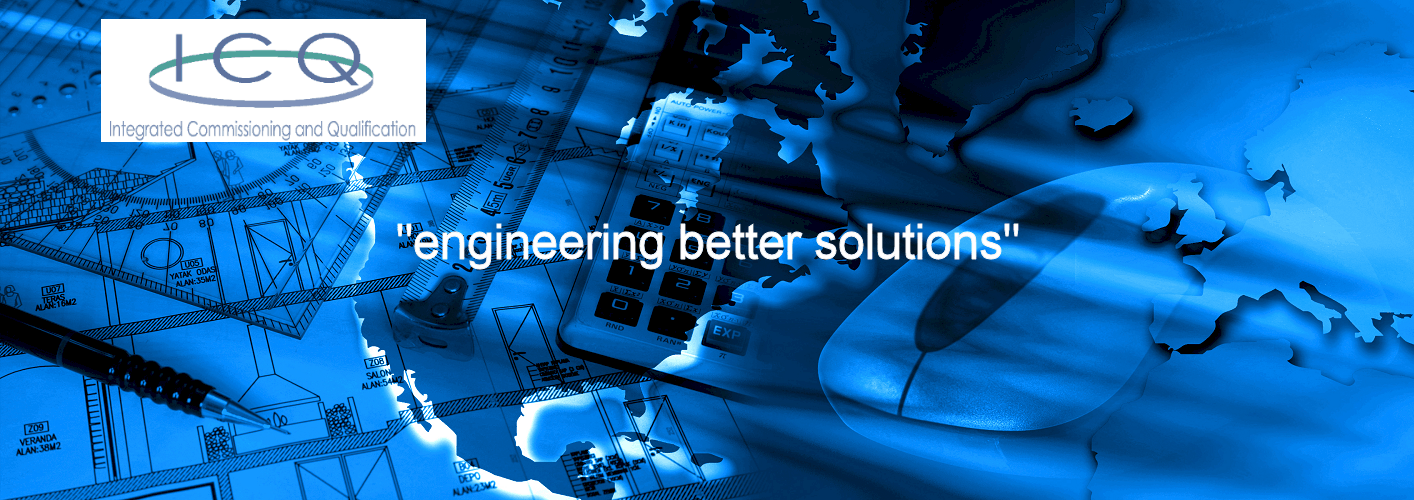



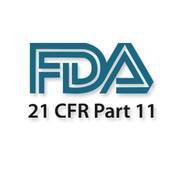 , 601.2, as cited in the Guidance for Industry Document, Analytical Procedures and Methods Validation of Drugs and Biologics (July 2015)1,2, biologics license applications (BLAs) must include a full description of the manufacturing process, including analytical procedures that demonstrate the product meets prescribed standards of identity, quality, safety, purity and potency. The purpose of analytical method validation is to ensure that the methods used for assessing the quality of the product being manufactured complies with the established specifications and yield accurate, reliable, and reproducible results.2
, 601.2, as cited in the Guidance for Industry Document, Analytical Procedures and Methods Validation of Drugs and Biologics (July 2015)1,2, biologics license applications (BLAs) must include a full description of the manufacturing process, including analytical procedures that demonstrate the product meets prescribed standards of identity, quality, safety, purity and potency. The purpose of analytical method validation is to ensure that the methods used for assessing the quality of the product being manufactured complies with the established specifications and yield accurate, reliable, and reproducible results.2 methods require validation, verification or re-validation in the following cases: 1) before initial use in routine testing, 2) when transferred to another laboratory and 3) if the conditions or parameters of the validated method have changed.3 Laboratories are expected to utilize compendial methods for testing, however a full validation is not required. A verification is done to ensure the laboratory can achieve the performance characteristics of the method and it is suitable for the intended analytical applications. Laboratories that require developing in-house methods, modifying compendial methods or using them beyond their intended use, should carry out full validation of the methods. A full validation includes establishing specifications and performance characteristic of the method and confirming it is suitable for the intended analytical applications.
methods require validation, verification or re-validation in the following cases: 1) before initial use in routine testing, 2) when transferred to another laboratory and 3) if the conditions or parameters of the validated method have changed.3 Laboratories are expected to utilize compendial methods for testing, however a full validation is not required. A verification is done to ensure the laboratory can achieve the performance characteristics of the method and it is suitable for the intended analytical applications. Laboratories that require developing in-house methods, modifying compendial methods or using them beyond their intended use, should carry out full validation of the methods. A full validation includes establishing specifications and performance characteristic of the method and confirming it is suitable for the intended analytical applications.
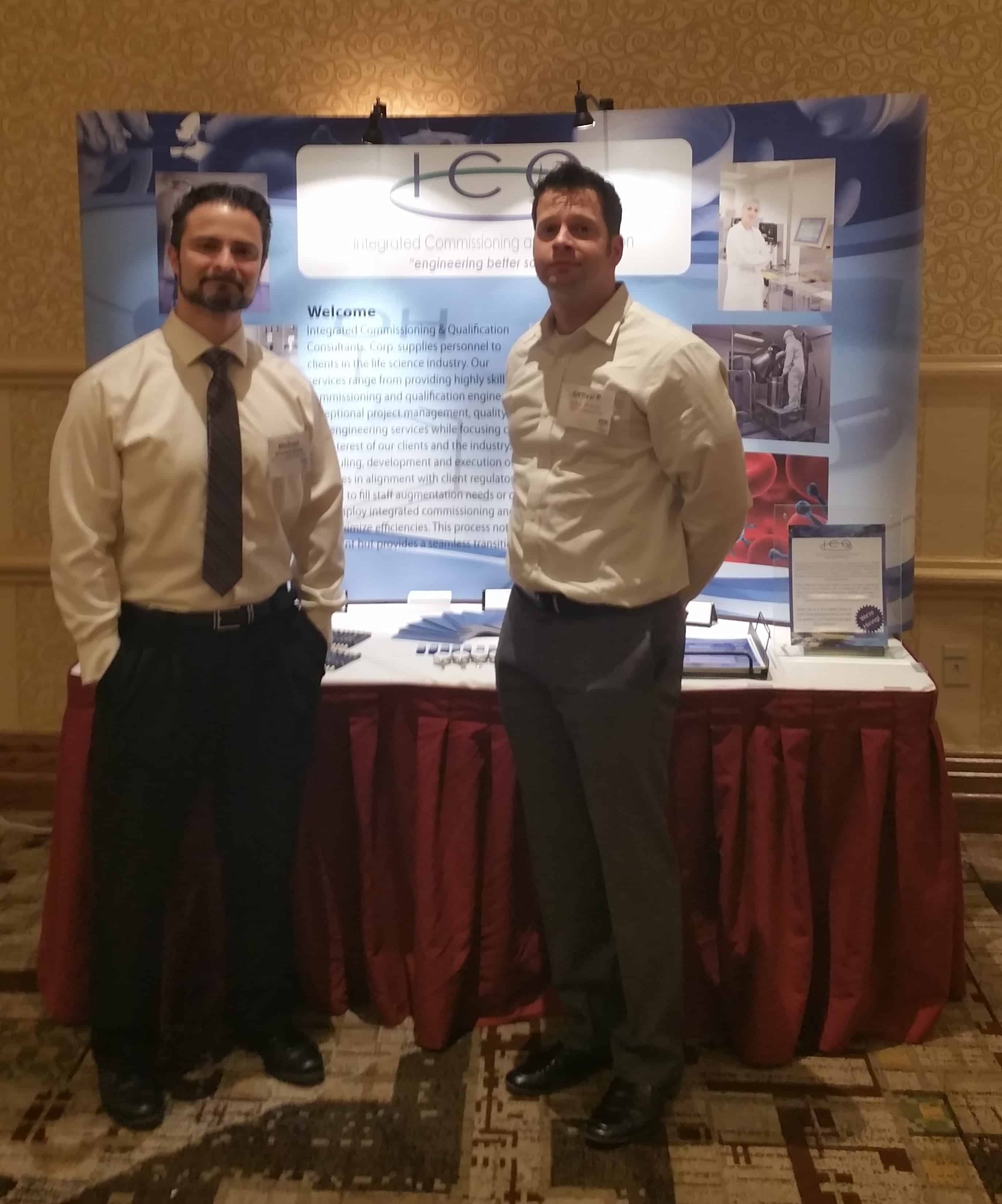 Everyone at ICQ would like to thank you
Everyone at ICQ would like to thank you 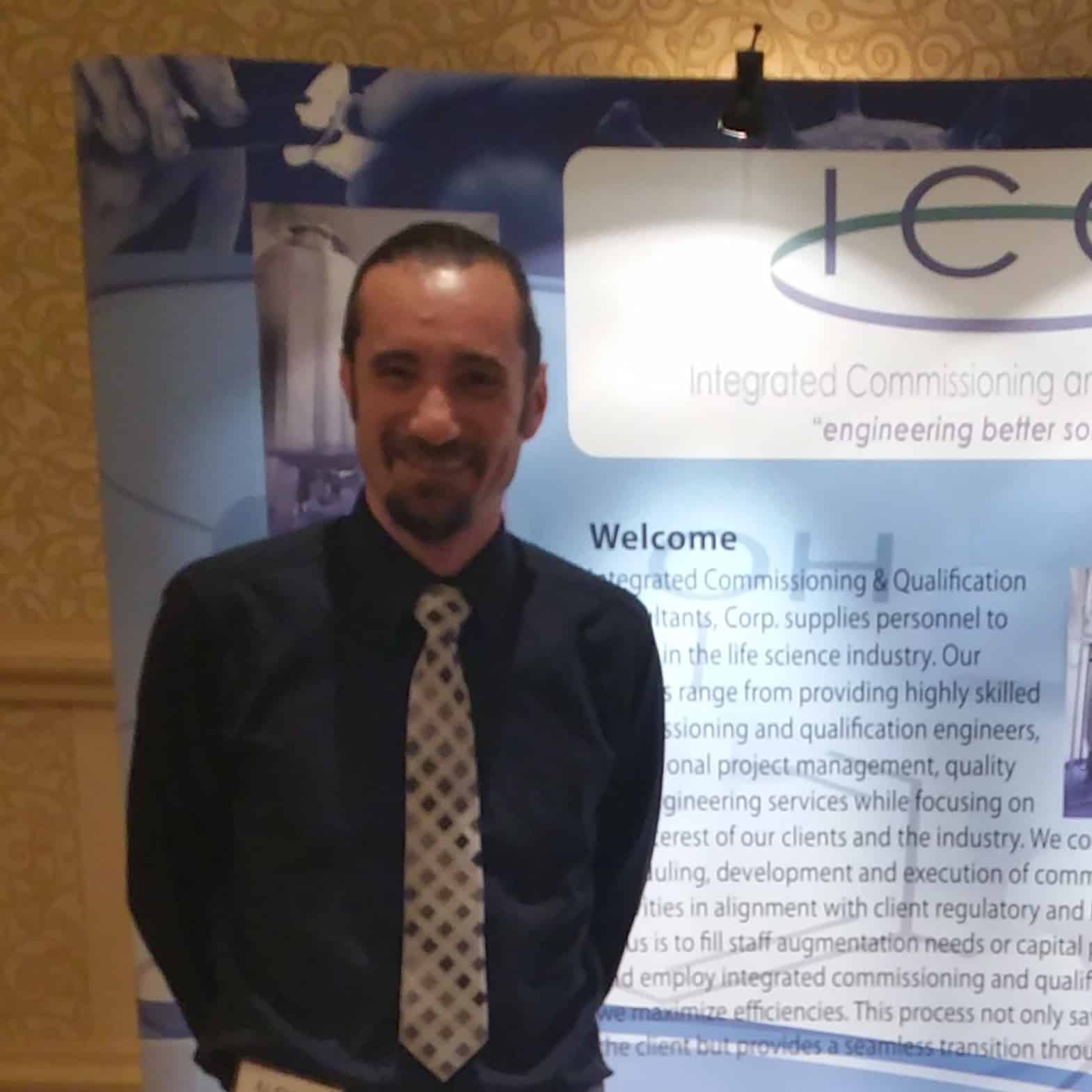 for visiting with us at the PDA Dinner “Evaluating Contract Manufacturing” on March 9th. This event had a great turnout and was quite the success. Thank you everyone for taking the time to attend and to all of those who dropped by and spoke with us.
for visiting with us at the PDA Dinner “Evaluating Contract Manufacturing” on March 9th. This event had a great turnout and was quite the success. Thank you everyone for taking the time to attend and to all of those who dropped by and spoke with us.

